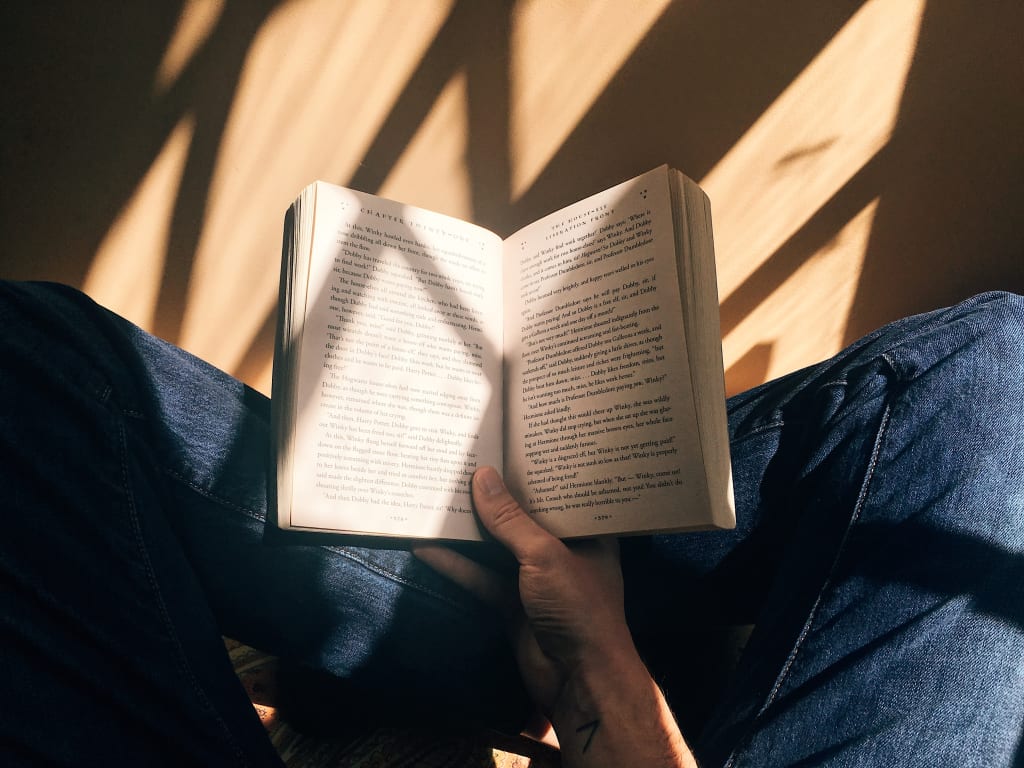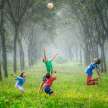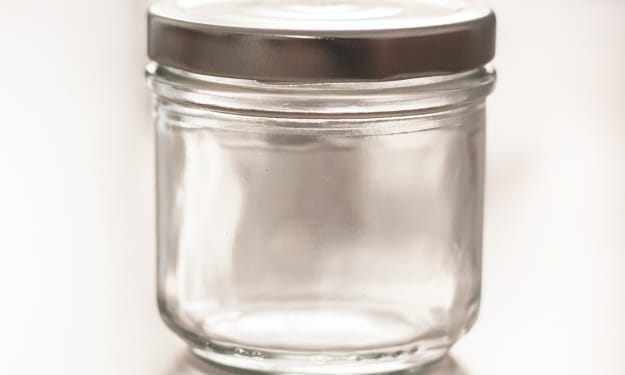
When a person speaks, he tends to forget the due care. In a book called "Summary", I once said a few words about a question raised by some young people about how to read, which I did not consider seriously at the time. Later I received letters from a variety of readers asking me what I had actually said. I replied to them as best I could, but it was impossible to make such questions clear in a private letter. So I thought that since so many people seem to be eager to receive the guidance I offer, I would like to offer here some brief suggestions based on my own interesting and useful experience that they might be willing to listen to.
First of all, I would like to emphasize that reading should be a pleasure. It is true that sometimes we have to read some books in order to deal with exams or to get information, but it is impossible to get enjoyment from reading such books. We read them only to improve our knowledge, and all we hope is that they will satisfy our needs, or at most that they will not be too dull to read. We read such books because we have to, not because we like them. This is certainly not the kind of reading I want to talk about now. The reading I want to talk about will neither help you get a degree nor make a living; it will neither teach you how to sail a boat nor how to fix a machine, but it will make your life more fulfilling. Only, to get such benefits, you must enjoy reading.
By "you", I mean adults who want to read some books in their spare time and feel sorry for not reading some books, not "bookworms" who are already in the pile of books. "Bookworms" can read whatever they want to read. Their curiosity always leads them to take a path in the middle of nowhere, along which they search for forgotten "rare books" and find great pleasure in doing so. I would like to talk only about the masterpieces, the works that have been recognized as first-class through the test of time.
It is generally believed that such masterpieces should be read by everyone, but unfortunately very few people have actually read them. There are some masterpieces that are unanimously recognized by famous critics and discussed at length by literary historians, but which the general reader nowadays has neither the time nor the interest to read. They are important to literary researchers, and their original allure is no longer attractive, so it takes some perseverance to read them now. For example, I read George Eliot's Adam Peeta, but I can't say from the bottom of my heart that I read it for pleasure. I read it mostly out of a sense of duty, and I couldn't help but feel relieved when I persevered through it.
I don't want to say anything about these kinds of books. Each person is the best critic himself. No matter what scholars say about a book, no matter how much they praise it with one voice, unless the book interests you, it is irrelevant to you. Don't forget that critics make mistakes too, and that many of the obvious mistakes in the history of criticism have come from the hands of famous critics. You are reading, and you are the final judge of the book you are reading, and it is up to you to decide what it is worth. The same applies to the books I recommend to you.
Our tastes are not exactly the same, but just about the same. Therefore, it would be unfounded to assume that a book to my taste must also be to your taste. However, I feel much fuller after reading these books; if I had not read them, I am afraid I would not be the same person today. So I say to you, if you or someone else reads what I have written here and then goes to read the book I recommend and cannot continue, then put it down. It is of no use to you, since it does not make it a pleasure to you. No one is obligated to read poetry, novels, or any purely literary work. He only reads these things for a pleasure. Who can demand that what makes something interesting to someone must be interesting to others?
Please don't think that enjoyment is immoral. Enjoyment itself is a good thing, enjoyment is enjoyment, it just has different consequences, so there are ways of enjoying that are undesirable to reasonable people. Nor does enjoyment have to be vulgar and carnal. Insightful people in the past have found that rational enjoyment and pleasure are the most perfect and lasting.
The habit of reading has indeed made one useful. There are few entertainments from which you can feel satisfied after middle age, and there are few games, except playing solitaire, solving chess games and crossword puzzles, which you can play alone without companionship. There is no such inconvenience with reading; except perhaps needlework - but that is not going to settle you down - there is no activity that can so easily be started at any time, last as long as you like, while doing something else, and can be stopped at any time.
Today, we are fortunate to have public libraries and cheap books, so there is no entertainment cheaper than reading. To get into the habit of reading is also to create a refuge for yourself where you can escape from almost all the sorrows of life. I say almost because I don't want to exaggerate by claiming that reading can relieve the pain of hunger and the sorrow of lost love; but a few fascinating detective novels and a hot water bag can indeed make anyone care less about the worst of colds. Conversely, who can develop that habit of reading for the sake of reading if someone is forced to read a book he hates?
For the sake of convenience, I will talk about the books I am going to talk about in chronological order, but there is no reason why I should necessarily make you read them in that order if you intend to read them. I think it's best to read them as you see fit, and I don't even think you have to read one before you read another. I myself like to read four or five books at the same time. Because after all, our moods change from day to day, even in a day, not every hour is eager to read a particular book. We have to adapt to such situations.
I have certainly taken the approach that works best for me. In the morning before I start working, I always read for a while scientific or philosophical works, because reading such books need to be clear-headed and focused, which helps me to work throughout the day. When the work is done, I feel very relaxed, I do not want to carry out intense mental activities, then I read history, essays, reviews or biographies; in the evening, I read novels. In addition, I always have a book of poetry at hand, and I read a paragraph on the spur of the moment, while at the foot of my bed I keep a book that I can start from anywhere and put down anywhere. Unfortunately, such books are very rare.






Comments
There are no comments for this story
Be the first to respond and start the conversation.